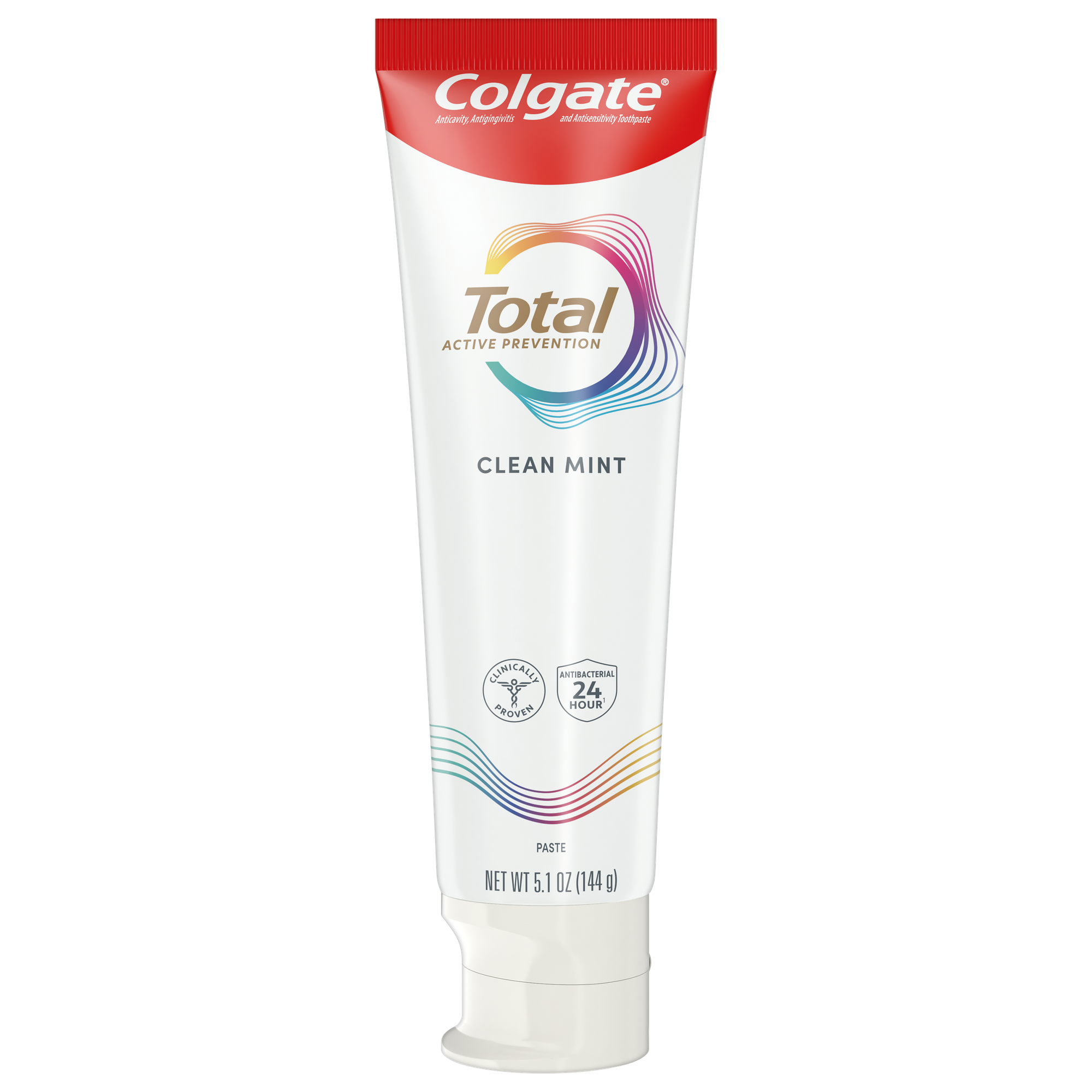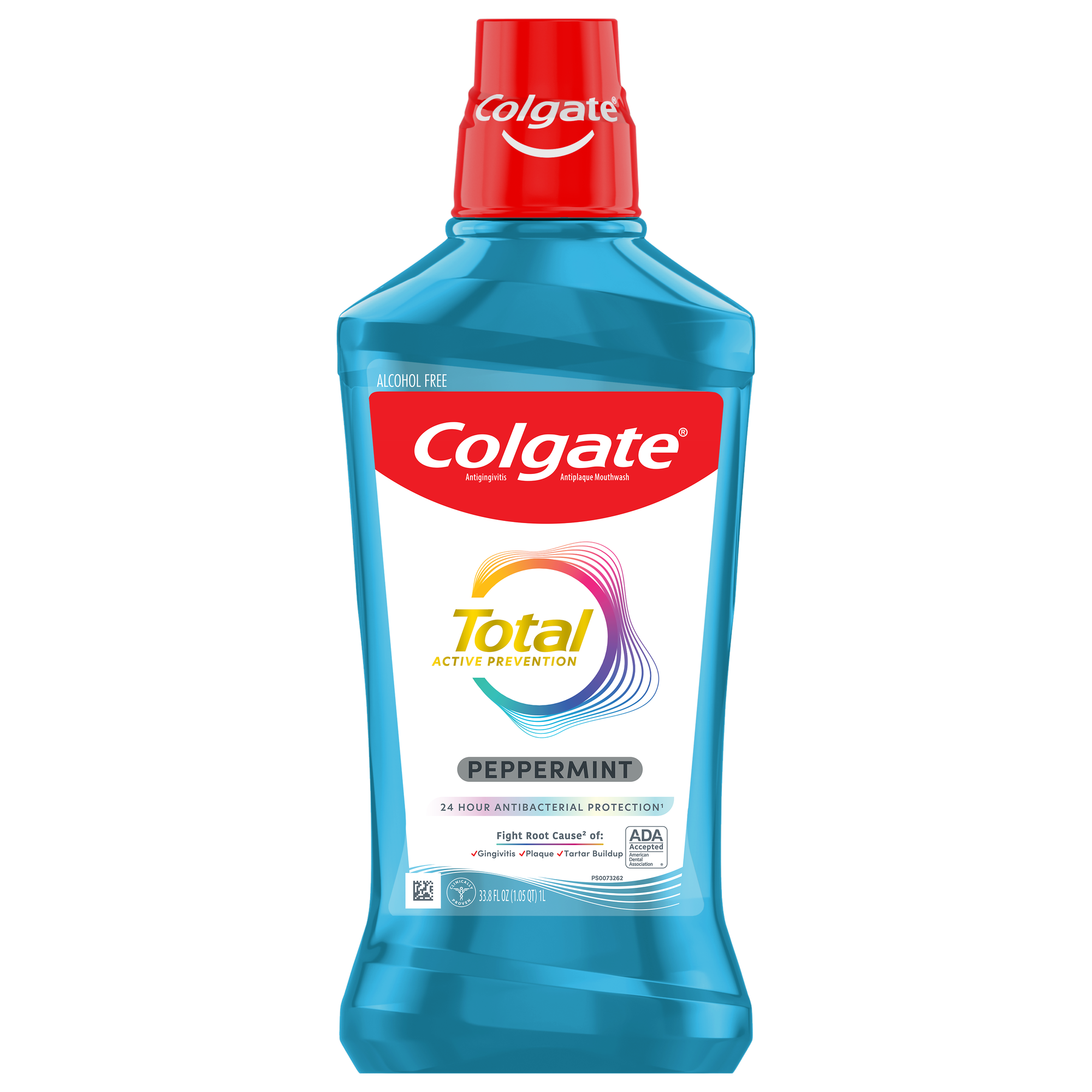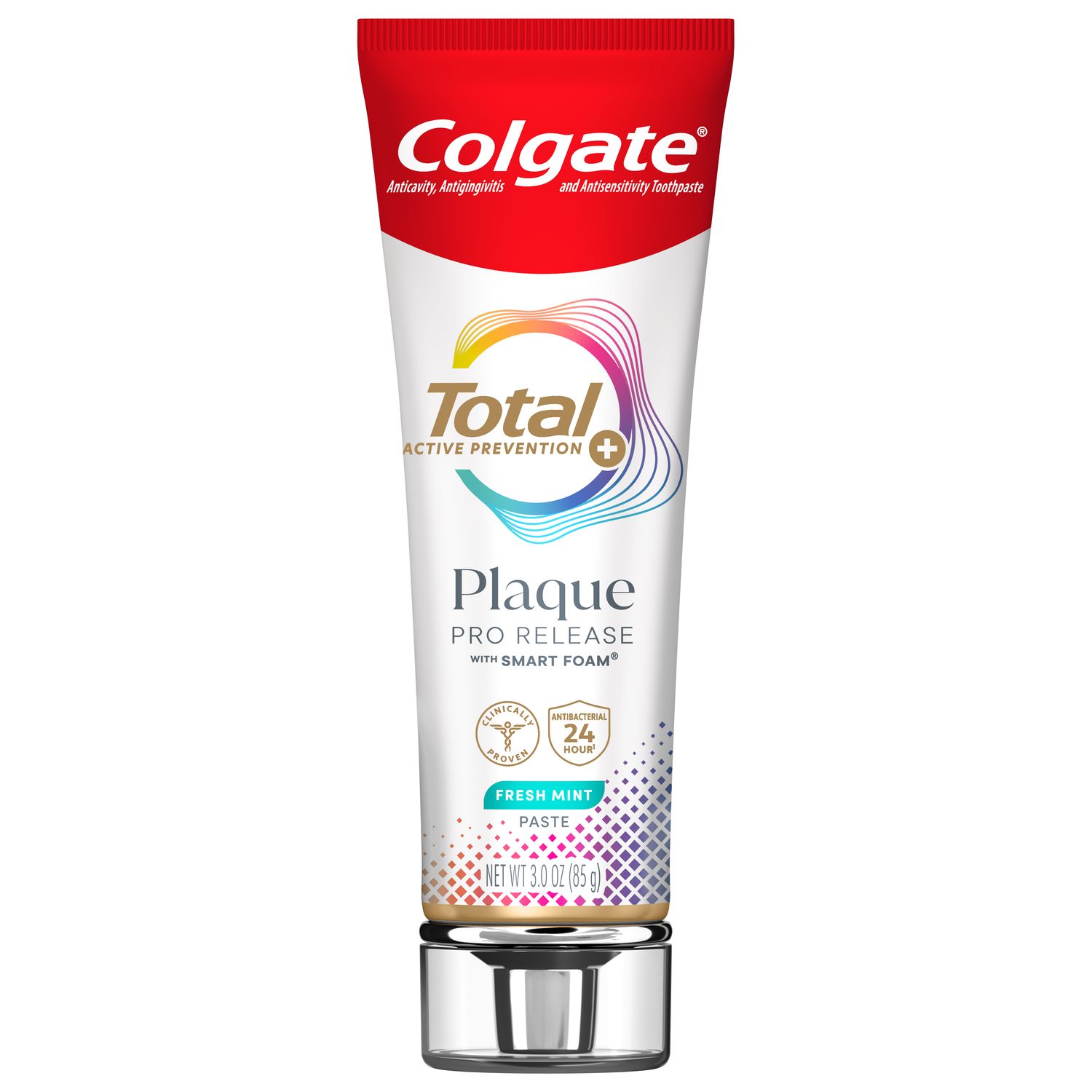
As dental professionals, we know that good oral health goes far beyond just the teeth. However, communicating the importance of maintaining a healthy intra-oral environment and gaining patient compliance can be a challenge. In this article, we discuss how we can appeal to our patients’ motivations and inspire them to become enthusiastic, co-operative partners in their Whole Mouth Health.
What does Whole Mouth Health mean?
Whole Mouth Health promotes the health of not just the hard dental tissues, it also includes the gingivae, tongue and other soft tissues. It acknowledges the importance of the oral microbiome, an imbalance of which can initiate halitosis, dental caries, periodontal disease and more. Further, it recognizes the oral-systemic connection in which the health of the mouth and body are inextricably linked.
Our patients are often unaware of the delicate balancing act happening in their mouths, and the extent to which their oral hygiene habits and lifestyle choices can disrupt this balance. Even fewer understand the significant impact their oral health can have on the rest of the body. As an example, periodontal disease – caused by biofilm -- is proven to be related to heart disease, and has a two-way relationship with diabetes. By promoting the concept of Whole Mouth Health, we are in effect promoting whole body health too.
Patient motivations for whole mouth health
While almost every patient accepts that they must maintain their oral health, they each have their own motivation for doing so. In order to inspire behavior change and compliance, then, the dentist must appeal to each patient’s individual needs and motivations.
In Colgate Talks: Do You Really Know Your Patients?, Stephanie Poupinneau and Henrique Soares Luis explain that there are several broad types of patient motivation.
- Health-focused patients are keen to maintain good oral and general health, and are receptive to preventative actions.
- Appearance-focused patients are socially motivated, concerned with factors like fresh breath and the aesthetics of their smile.
- Money-focused patients may be reluctant to spend money on anything but reactive or urgent care. Conversely, they may be keen to take action that will prevent more costly interventions in the future.
Adapt your approach
When you’ve identified your patient’s motivation, you can adapt your Whole Mouth Health approach to appeal to their personal needs. As an example, perhaps you want to communicate the importance of controlling biofilm to your patients.
- For the health-focused patient, you may explain how biofilm contributes to periodontal disease, caries and systemic illness.
- For the appearance-focused patient, you may instead emphasize the role that biofilm plays in discoloration, halitosis, and structural damage.
- For the money-focused patient, you might discuss the costs associated with treating conditions such as periodontal disease, and the savings that can be made by taking action now.
Regardless of your patient’s motivation, encourage them to be proactive, rather than waiting to be motivated by an oral health crisis. Remind them that it is within their power to avoid the consequence they’re most concerned by, whether that be dental caries, stained teeth, or simply a lighter wallet. However, take care to avoid guilt, disapproval or scolding. These tactics only serve to alienate the patient and make compliance much less likely.
Understand your patient’s barriers
You know your patients' motivations, but what about their barriers? Do they understand how their sugar intake affects their oral microbiome? Are they struggling to quit smoking despite wanting a whiter smile? Do they know which oral care products they should be using, and how and when to use them?
We can acknowledge these barriers, provide the necessary support, and fill in any knowledge gaps. It may help to direct your patients to relevant education resources like Colgate’s Oral Health Articles.
Tailor your product recommendations
Finally, you can provide your patients with product recommendations tailored to the individual. For example, for a patient concerned with overall health, you might recommend an all-round oral health toothpaste like Colgate Total Original, while patients focused on preventing specific conditions may appreciate targeted products like Colgate Sensitive. Your image-conscious patients, on the other hand, are likely to want products like Colgate Total Whitening, the Colgate Optic White range, or Colgate Total® Plaque Pro-Release.
You can find more resources on Whole Mouth Health at Colgate Talks.
Join us
Get resources, products and helpful information to give your patients a healthier future.
Join us
Get resources, products and helpful information to give your patients a healthier future.













